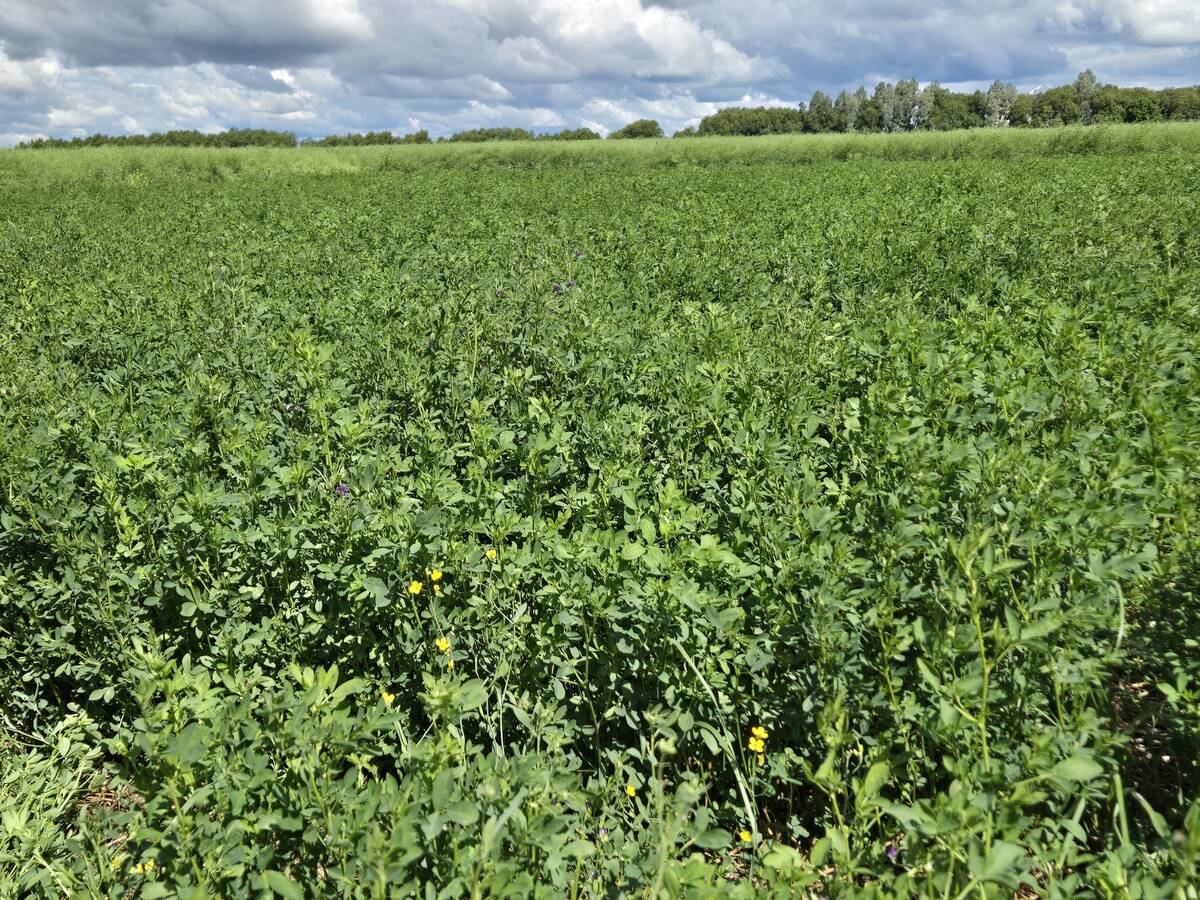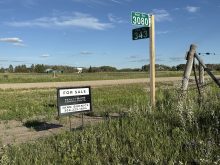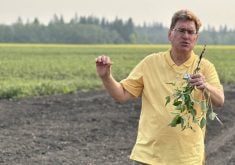A class action lawsuit against the federal government and Winnipeg feed maker Ridley Inc. charging negligence in the BSE situation continues to inch forward after the Supreme Court of Canada ruled the case can proceed.
The BSE class action lawsuit has been certified in Quebec and the case for certification was argued June 5 and 6 when the Saskatchewan, Alberta and Ontario actions were combined. A judicial decision on that action has not been released by justice Joan Lax.
“I am confident justice Lax will certify it and I am sure the federal government will seek leave to appeal the motion,” said Cameron Pallett, one of the lawyers involved.
Read Also

Manitoba Parkland research station grapples with dry year
Drought conditions in northwestern Manitoba have forced researchers at the Parkland Crop Diversification Foundation to terminate some projects and reseed others.
Once the cases are certified they can proceed as a normal lawsuit, but it is unknown how long the process might take, Pallett said.
The lawsuit argues the Canadian government was negligent in not implementing a feed ban before 1997. It allowed meat and bone meal in cattle feed without a safety analysis even though the United Kingdom introduced its ban in 1988 to prevent ruminant protein being fed to ruminants. By 1996, no mammalian protein was permitted in U.K. feed mixes.
The suit also charges government officials knew there was a risk of BSE when the first case in an imported cow was diagnosed in 1993. Animals imported from the U.K. were found and most were tested and destroyed but some were used in feed. The suit argues the risk of BSE circulating in Canada should have been revealed at that point rather than waiting until 1997.
“They had a duty to bring in a feed ban immediately to prevent the disaster that we all know happened,” said Pallett.
The lawyers leading the action say they represent about 100,000 farm families, who do not have to sign onto the lawsuit. Pallett said anyone who had beef or dairy cattle as of May 2003 is eligible and people are advised to maintain financial records back to 2000 to determine losses and possible payments. They also plan to argue that farm payments for BSE relief and other insurance programs do not affect a potential settlement.
Brad Wildeman, president of the Canadian Cattlemen’s Association, said the organization has no official position but he is concerned the case could set precedents on how regulations are developed if government tries to guess what future scientific knowledge might reveal.
“They (feed companies) were operating under the laws of the land at that time and they were basing their decisions based on what the regulatory agencies told them was appropriate,” he said.
“The regulators were making their decisions on what they knew at that time.”

















